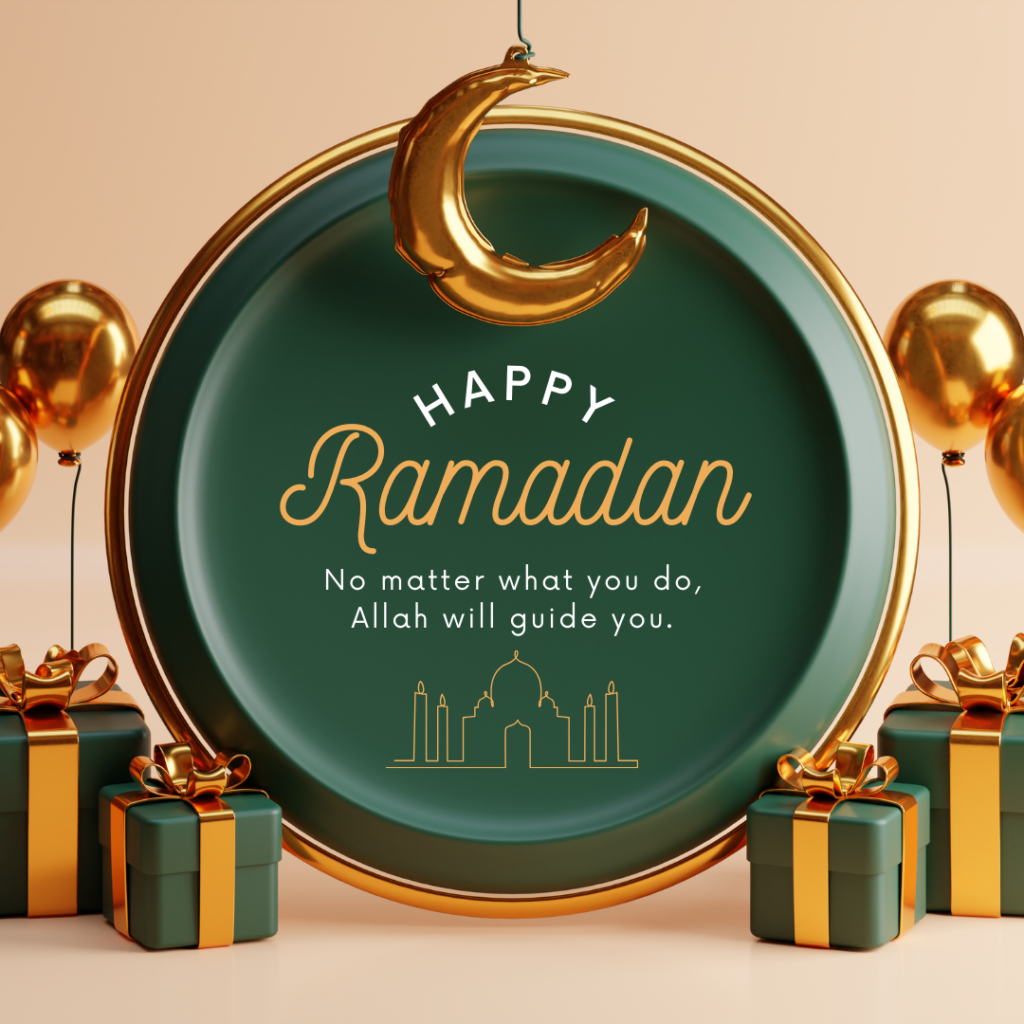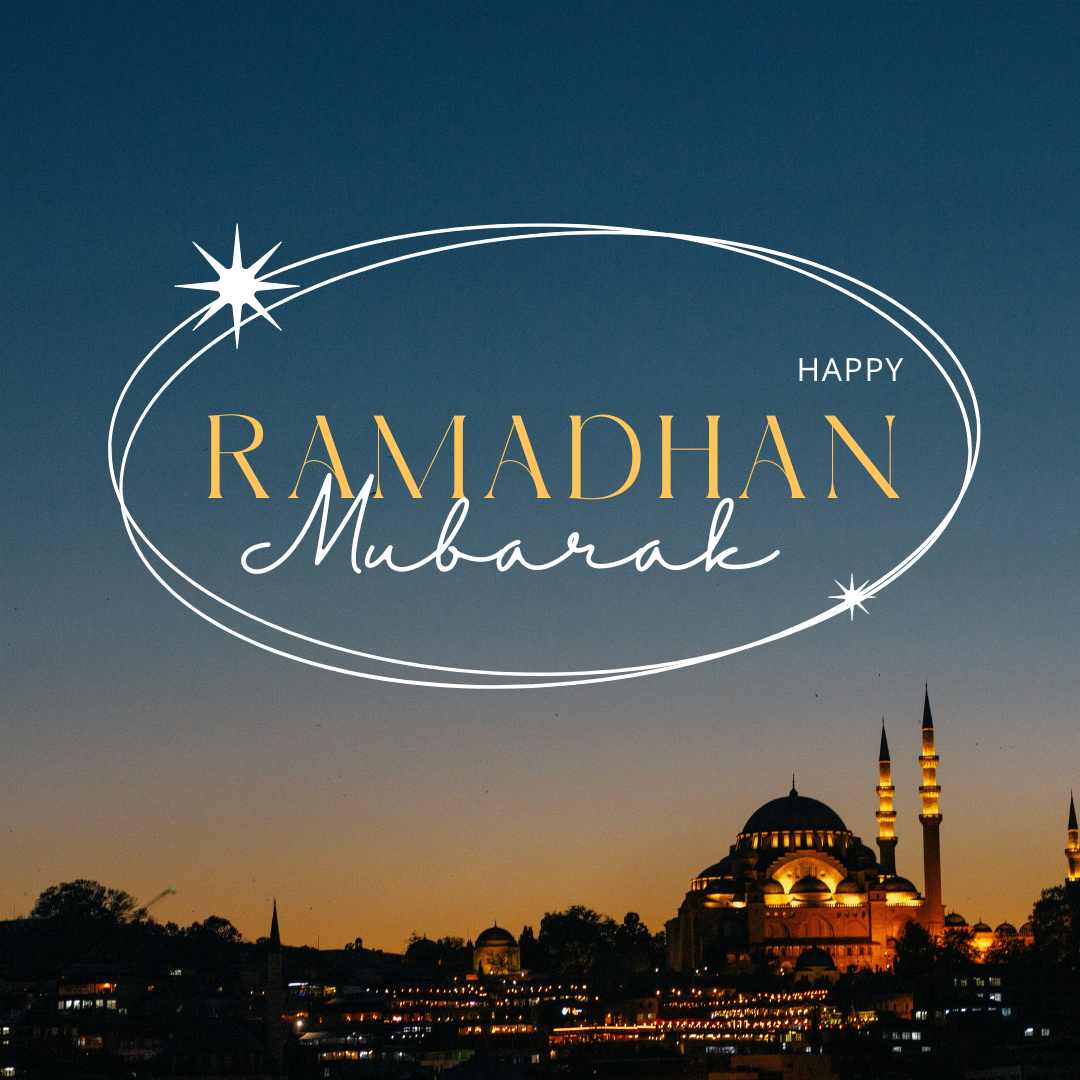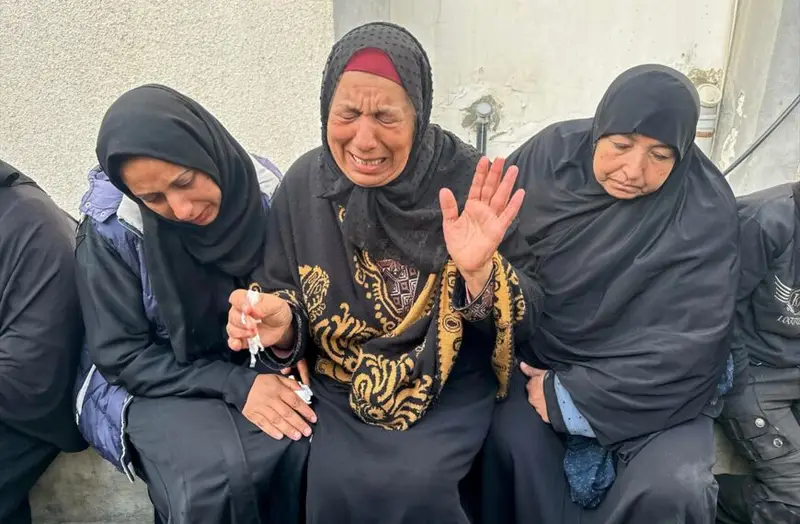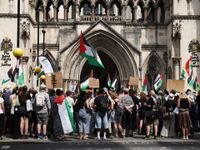Ever wondered why “Happy Ramadan” means so much to millions worldwide? This sacred month brings Muslims together, creating a special bond through greetings. These greetings are more than just words; they’re a way to share joy and deepen spiritual ties. They show how language can bridge cultural gaps, bringing people closer.
Let’s look into why these wishes are important and how to share them with others. We’ll see how saying the right things can make a big difference in our connections. How Do You Say Happy Ramadan?

Understanding Ramadan’s Significance
Ramadan is a special time for Muslims worldwide. It’s the ninth month of the Islamic calendar. It’s a time for reflection, spirituality, and coming together as a community.
This fasting month helps people deepen their faith and commitment to God. They do this through acts of devotion.
Ramadan also marks the start of the Holy Quran’s revelation to Prophet Muhammad (PBUH). This event shows how crucial the month is for personal growth. Muslims pray more, read the Quran, and help others, deepening their faith and bonds with each other.
Ramadan does more than just help individuals. It brings communities closer, teaching them to care for those less fortunate. By fasting, people learn to value what they have. This strengthens their community ties and sense of duty.
The Fasting Rituals During Ramadan
During Ramadan, fasting is a deep spiritual practice that helps people grow and reflect. Muslims don’t eat or drink from dawn till sunset. They start the day with suhoor, a meal before dawn, to prepare for the day.
When the sun sets, people come together for iftar, a meal that ends the fast. They usually start with dates and water, then enjoy a big meal with many dishes. This meal strengthens family and friend bonds.
These practices are more than just following religious rules. Fasting in Ramadan builds self-control, makes people think about those less lucky, and deepens spiritual connection. It’s a personal and shared journey during the holy month.
How Do You Say Happy Ramadan
During Ramadan, sharing kind words is key. Common greetings include “Ramadan Mubarak,” meaning “Blessed Ramadan.” Another way to say it is “Ramadan Kareem,” which means “Generous Ramadan.” These phrases show love and bring people together.
Common Greetings in Arabic
Using these greetings makes our bonds stronger. It shows respect for Islamic traditions and cultures. These greetings create a warm feeling that encourages us to reflect and be devoted.
Significance of Ramadan Greetings
Greetings during Ramadan are more than just words. They show connection, unity, and respect for each other. Sharing these greetings deepens our sense of community, making Ramadan more meaningful for everyone.
Alternative Ways to Wish Well
During Ramadan, there are many ways to wish good luck that go beyond just saying “Ramadan Mubarak” or “Ramadan Kareem”. Saying “Happy Ramadan” is a simple yet warm way to show you care. It’s a great way to connect with friends, family, and colleagues.
Messages can be heartfelt or encouraging. They help build connections and understand each other better. Sharing Ramadan well wishes that talk about being thankful, loving, and hopeful is very meaningful. It shows the spirit of kindness that Ramadan is all about.
Looking for new ways to express your feelings? Try sending heartfelt messages. These messages not only make relationships stronger but also show the values of Ramadan. They help create strong bonds with people from different backgrounds.
Celebrating Ramadan Across Cultures
Ramadan is a time for Muslims worldwide to reflect and grow spiritually. It’s filled with cultural celebrations that highlight the Islamic faith’s diversity. Communities from North Africa to Southeast Asia have their own customs for this sacred month.
Iftar gatherings bring families and friends together. They break their fast and share special dishes that show off local flavors. It’s common to invite neighbors and those in need, showing the importance of kindness and community.
During Ramadan, homes and public spaces become filled with beautiful lights and symbols. These decorations show the month’s significance. People come together for prayers and festivities, blending traditions with spiritual observance.
Charitable acts are a big part of Ramadan. Communities show their support for those in need in ways that reflect their culture. This ensures Ramadan’s true spirit is celebrated through their unique traditions.
What Is Iftar and Its Importance
Iftar is the meal that breaks the fast each evening during Ramadan. It’s a key moment for both individuals and families in the Muslim community. Traditionally, it starts with eating dates and water, a practice deeply rooted in culture.
This ritual not only gives physical nourishment after fasting but also builds connections through shared meals. Gathering with family and friends during iftar strengthens social bonds. It creates a sense of togetherness and unity.
The meals after iftar vary greatly across cultures, showing the diversity of Ramadan traditions. Each iftar is a chance for spiritual reflection and gratitude. It reminds people of the month’s true meaning.
Embracing the communal aspect of breaking fast deepens the Ramadan experience. It creates a strong sense of unity in the community.
The Meaning Behind “Ramadan Mubarak”
“Ramadan Mubarak” means “Blessed Ramadan.” It’s a way to wish someone a month filled with spiritual growth and blessings. Saying this greeting shows you value Ramadan and its teachings.
This phrase is more than just words. It’s about spreading kindness and unity in our communities. It connects people from different backgrounds, making them feel closer. Learning what “Ramadan Mubarak” means helps us understand and respect this special time.
How to Respectfully Acknowledge Ramadan
A respectful Ramadan acknowledgment is key to building understanding and goodwill in diverse communities. It shows respect for Islamic practices and its spiritual importance. Knowing the fasting hours helps us show respect by not eating or drinking in public when others are fasting.
Talking about Ramadan experiences can make our relationships stronger. Asking about their fasting or offering to share an Iftar meal shows we care. These small actions can greatly improve our connections, building a respectful community.
Such actions show the value of honoring Ramadan together, beyond cultural lines. It makes the holy month a shared experience that brings us closer.

Common Practices During Ramadan
During Ramadan, many practices show the deep spiritual meaning of the month. Praying is a key part of daily life for Muslims. They perform both required prayers and extra ones called Taraweeh, deepening their spiritual journey.
Reading the Quran becomes a big focus, with many aiming to finish the whole book. This act is a key part of Muslim customs. Along with personal prayer, giving to charity, or Zakat, shows the month’s spirit of generosity.
Many Muslims help those in need, boosting the sense of compassion and giving. These actions bring people closer together and help them reach spiritual goals. They create a place where faith grows strong.
Who Is Exempt from Fasting?
During Ramadan, some people don’t have to fast because of their health or situation. These rules show how caring and understanding Ramadan is. Kids and the elderly usually don’t fast because they have special needs.
Pregnant and breastfeeding women might not fast if it could harm them or their babies. People with ongoing illnesses, serious health issues, or mental health problems might also skip fasting. Travelers can stop fasting under certain conditions to adapt to their trips while keeping their faith.
Those who don’t fast can make up for it later or give to charity. This shows that faith should not risk one’s health or safety. It highlights Ramadan’s caring nature.
Key Dates for Ramadan 2025
Ramadan is a key month for Muslims worldwide. It starts on the evening of February 28 and ends on March 30 in 2025. This month is all about fasting from dawn till sunset. It’s a time for deep thought and coming together as a community.
Duration of the Month
Ramadan lasts about 29 to 30 days. It’s a time of spiritual growth and self-control. People focus on prayer, thinking deeply, and doing good deeds. Each day is a chance to grow closer to faith and connect with others.
Observances Leading to Eid al-Fitr
When Ramadan ends, everyone looks forward to Eid al-Fitr on April 10 in 2024. This day is filled with community prayers, big meals, and giving back. Families get ready by buying new clothes and making traditional dishes. It’s a celebration of faith and community strength.
Fasting and Its Spiritual Purpose
Fasting in Ramadan is a deep spiritual practice for Muslims. It teaches self-discipline, patience, and empathy. These values are key to the Islamic faith. By not eating or drinking from dawn till sunset, people become more aware of their blessings and connect deeper with God.
It’s not just about not eating. It’s about feeling for those who are always hungry. This month is for reflection. It helps people grow personally and brings communities closer through shared experiences and charity. Fasting makes Muslims grateful and deepens their spiritual path, focusing on charity and empathy.
Fasting helps people feel united with others who believe in the same way. It builds strong community bonds and supports service and help in communities. The true goal of fasting in Ramadan is not just the act itself. It’s a journey to personal and community growth seen in the rituals and practices of this special month.
FAQ
How do you say “Happy Ramadan” in Arabic?
What is the significance of Ramadan?
What fasting rituals are observed during Ramadan?
What are common greetings in Arabic during Ramadan?
Why are Ramadan greetings culturally significant?
What are alternative ways to wish someone well during Ramadan?
How is Ramadan celebrated across different cultures?
What is iftar and why is it important?
What does “Ramadan Mubarak” mean?
How can one respectfully acknowledge Ramadan?
What are common practices observed during Ramadan?
Who is exempt from fasting during Ramadan?
What are the key dates for Ramadan 2024?
What are the observations leading up to Eid al-Fitr?
What is the spiritual purpose of fasting during Ramadan?

Embracing Faith, One Insight at a Time!
The teachings of the Quran have always guided my path. With a deep passion for Islamic knowledge, I strive to blend the wisdom of tradition with the relevance of today, making the timeless messages of Islam accessible and meaningful for everyone.
Muslim Culture Hub is my platform to share historical insights and thought-provoking articles, exploring both well-known and lesser-discussed aspects of Islamic culture and beliefs. My mission is to create an inclusive online space where everyone can learn, strengthen their faith, and connect with the profound message of Islam.
Join the journey!
May peace be upon you.








